Tag: louisiana
-
Louisiana is the eighth state in 2025 to pass a bill prohibiting foreign national contributions to ballot measure campaigns
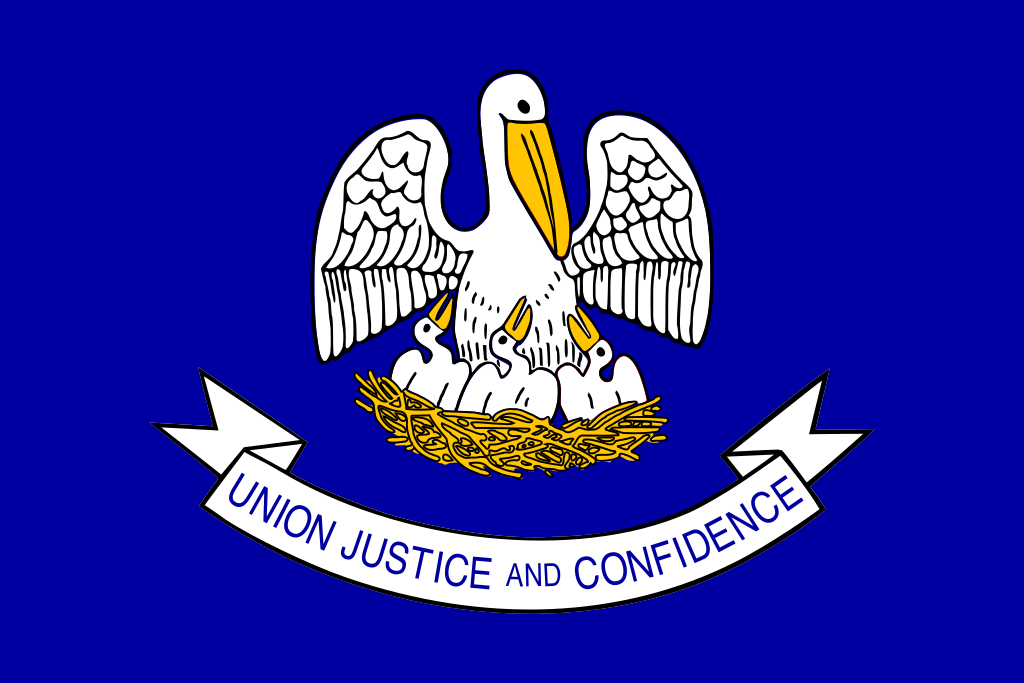
Louisiana is the 18th state to pass a law prohibiting foreign spending in ballot measure campaigns and the eighth state to do so in 2025, a record for the most states enacting such laws in a single year. Louisiana House Bill 693 (HB 693) modified existing campaign finance rules, including establishing new rules for political…
-
Ballot measure update: Utah veto referendum and amendments in Arizona, Florida, and Louisiana certified for 2026
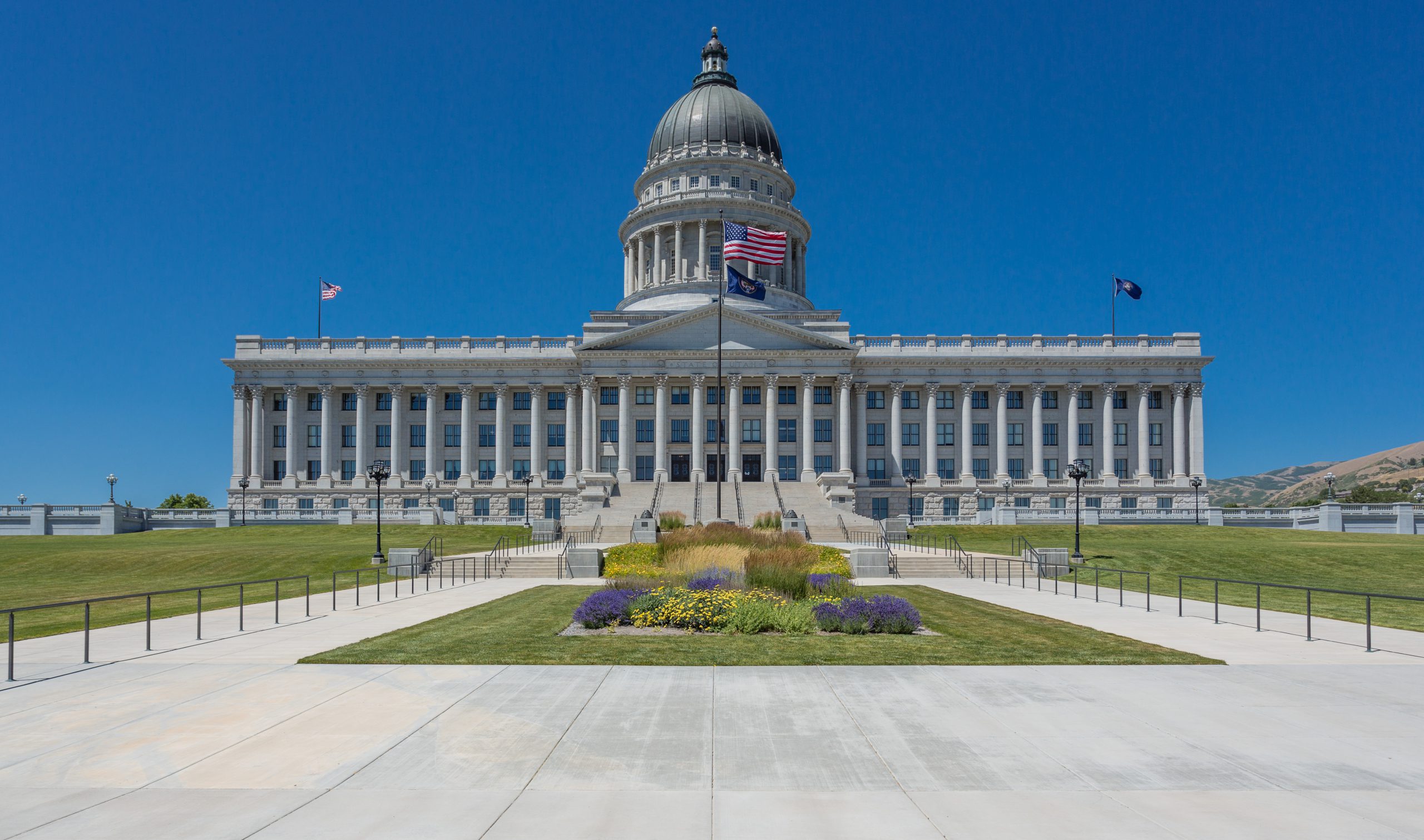
The number of certified statewide ballot measures for both 2025 and 2026 is trending above average compared to previous election cycles as of June 24. 2025 ballot measures For 2025, 27 statewide ballot measures have been certified in seven states—Colorado, Louisiana, New York, Ohio, Texas, Washington, and Wisconsin. This is six more than the average…
-
Louisiana legislature refers six constitutional amendments to 2026 ballot covering taxes, civil service, judicial retirement, and education

The Louisiana State Legislature voted to send six constitutional amendments to the 2026 ballot before adjourning on June 12. The six amendments will be decided at two different elections; five will appear on the ballot on April 18, 2026, and one on Nov. 3, 2026. The constitutional amendments cover a variety of topics, including the…
-
Louisiana voters to decide on raising judicial retirement age from 70 to 75 in April 2026

Louisiana voters will decide on a constitutional amendment that would increase the judicial retirement age from 70 to 75. It will appear on the ballot on April 18, 2026. Currently, 31 states and the District of Columbia have mandatory retirement ages for judges. These laws require judges to retire either upon reaching a specified age…
-
Louisiana passes REINS Act-inspired legislative oversight
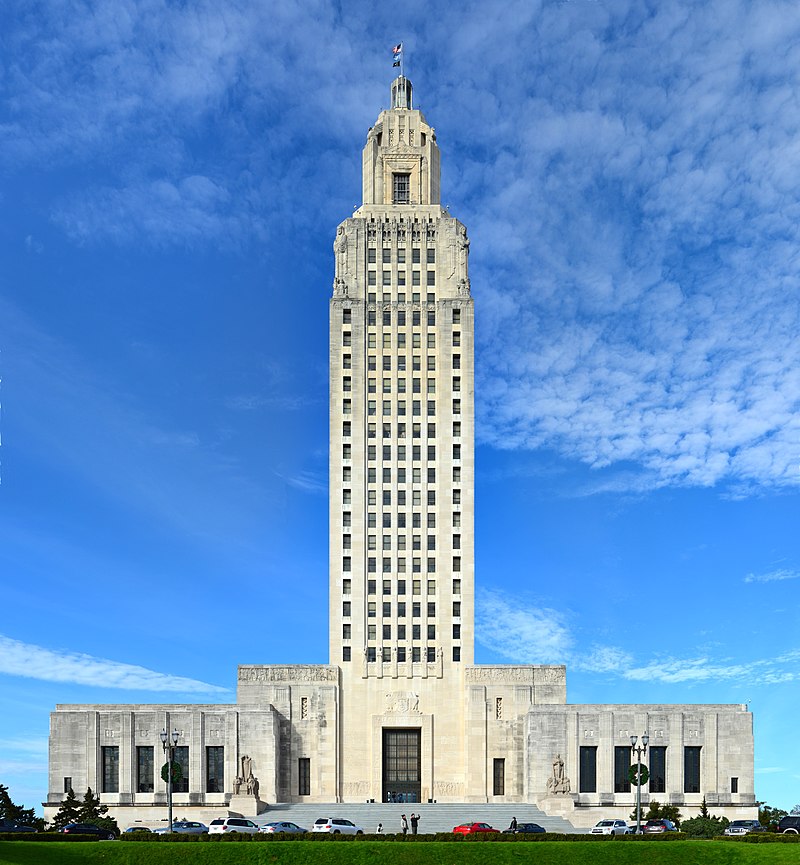
What’s the story The Louisiana Senate passed SB 59, a bill that increases legislative oversight on rules through requirements similar to a REINS-style law, on June 3 by a vote of 37-0. The bill was sent to Gov. Jeff Landry (R) for signature on June 8. Gov. Jeff Landry (R) expressed support for SB 59.…
-
Ballot measure update: Texas, New York add new measures for 2025; Louisiana, Nebraska for 2026
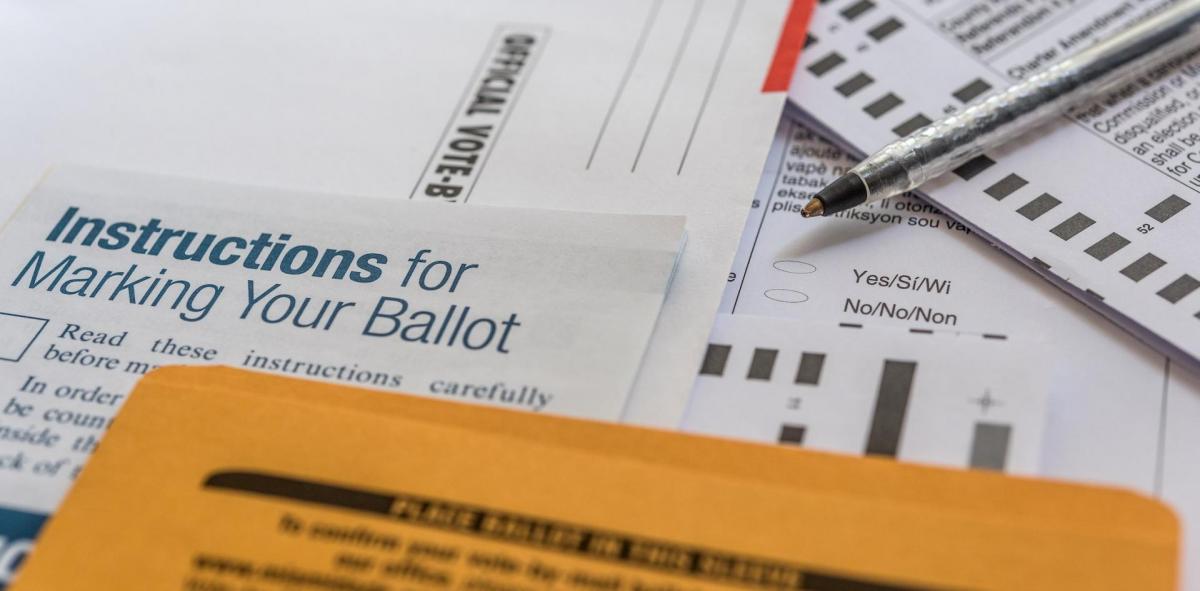
The number of certified statewide ballot measures for both 2025 and 2026 is trending above average compared to previous election cycles as of June 10. 2025 ballot measures For 2025, 27 statewide ballot measures have been certified in seven states—Colorado, Louisiana, New York, Ohio, Texas, Washington, and Wisconsin. This is seven more than the average…
-
Louisiana voters reject all four constitutional amendments at the March 29 election

Louisiana voters rejected four measures on Saturday, March 29. The amendments were rejected with an average of 35% of voters in favor and 65% opposed. A two-thirds vote in each legislative chamber was required to put the amendments on the ballot. All four of the amendments were passed with all Republican legislators in favor, while…
-
Louisiana voters to decide on four constitutional amendments addressing taxes, courts, and criminal justice on March 29

On March 29, Louisiana voters will decide on four constitutional amendments that address tax policy, judicial procedures, and juvenile justice laws. A two-thirds vote in each legislative chamber was required to refer a constitutional amendment to the ballot. All four of the amendments were passed with 100% of Republican legislators in favor while most Democrats…
-
Mosquitos, MADs, and a local ballot measure in Tangipahoa Parish, Louisiana, on March 29

Voters in Louisiana will decide on 56 local ballot measures in 27 of the state’s 64 parishes, along with four state constitutional amendments, on March 29, 2025. The local ballot measures cover a range of jurisdictions, including parishes, cities, school districts, and special districts, such as the Tangipahoa Parish Mosquito Abatement District (MAD). The ballot…
-
Update on 2025 and 2026 ballot measure certifications: Wisconsin certifies Voter ID Amendment for April 1
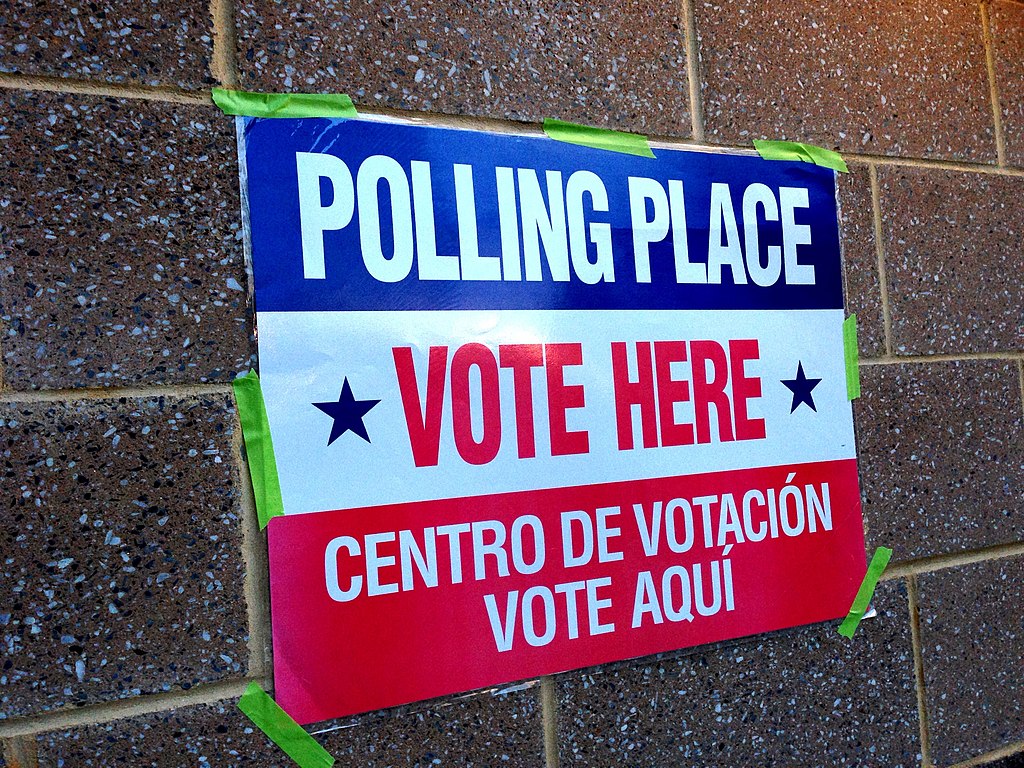
The number of certified ballot measures for 2025 and 2026 is trending above the average as of Jan. 21, 2025. For 2025, six statewide ballot measures have been certified in three states—Louisiana, Ohio, and Wisconsin. Six is three measures more than the average of three for this point in an odd-numbered-year election cycle since 2010.…

